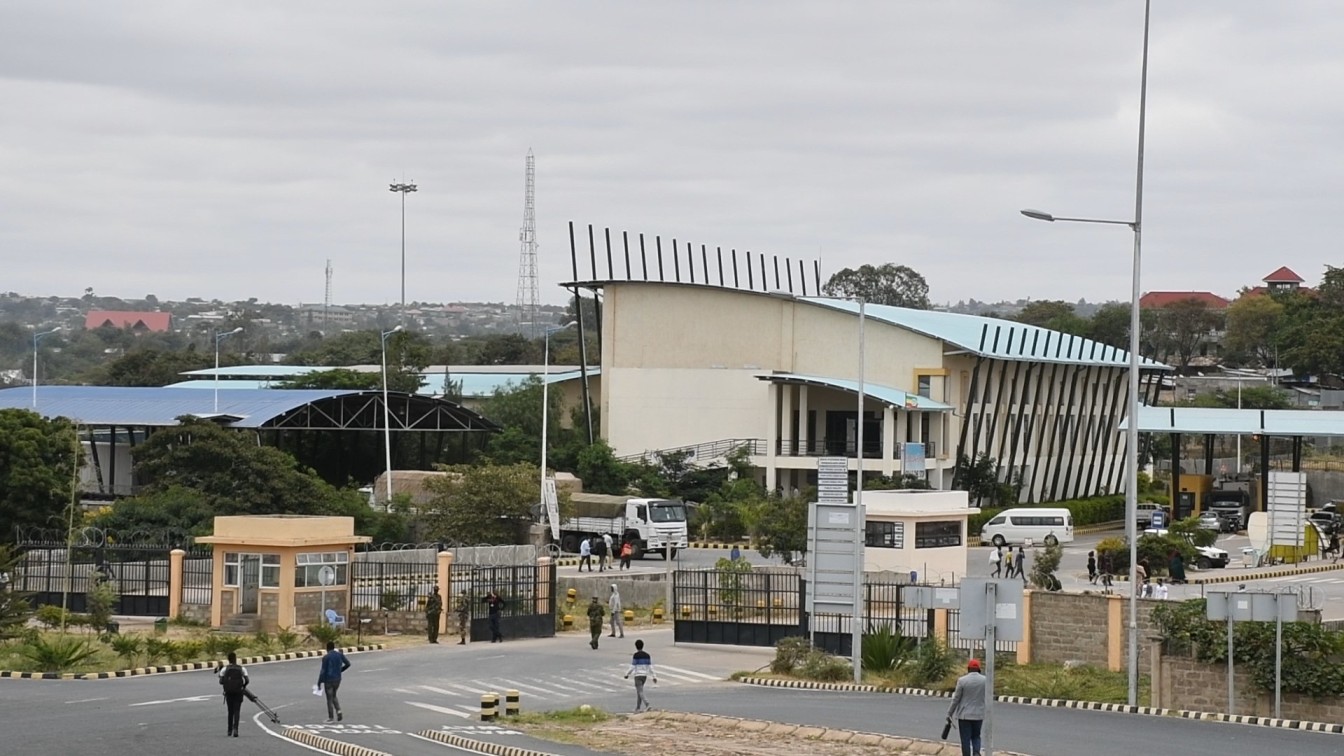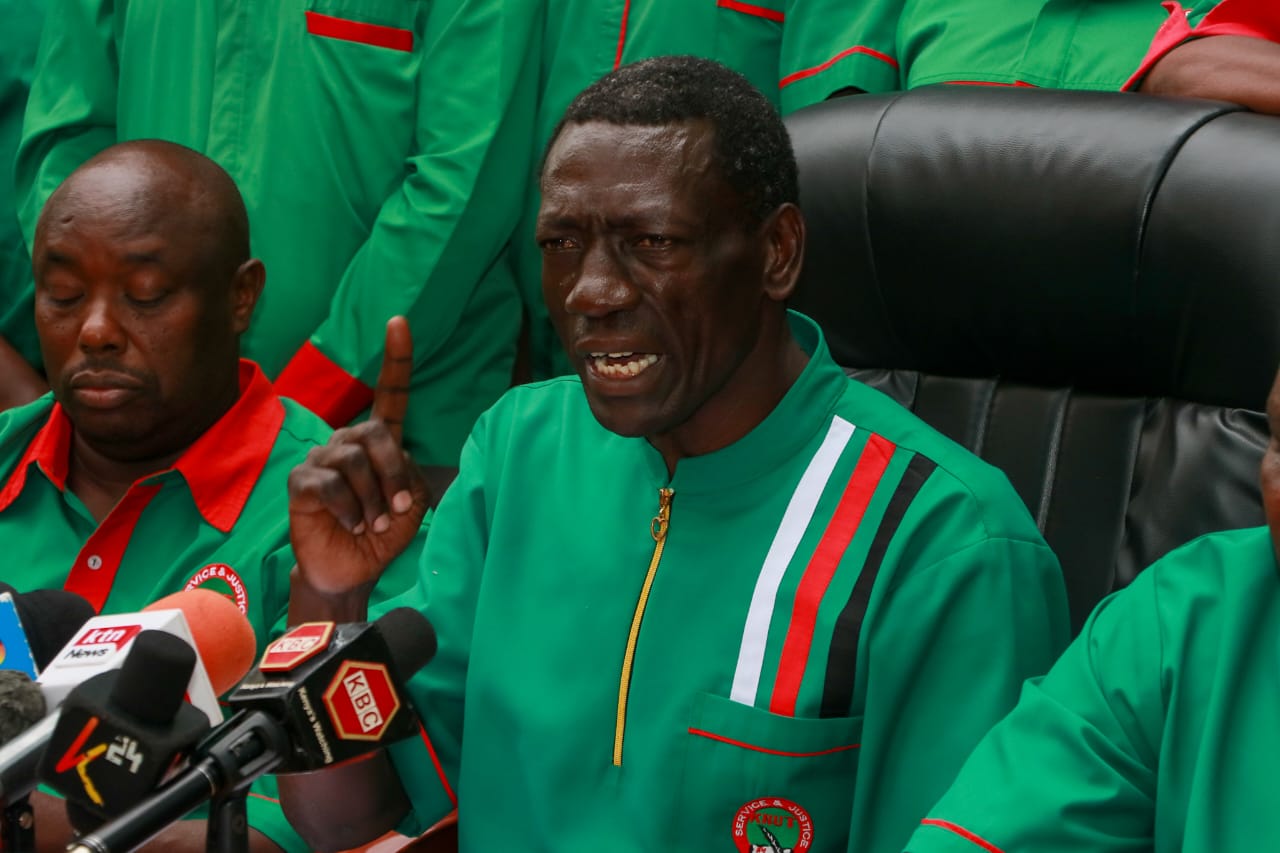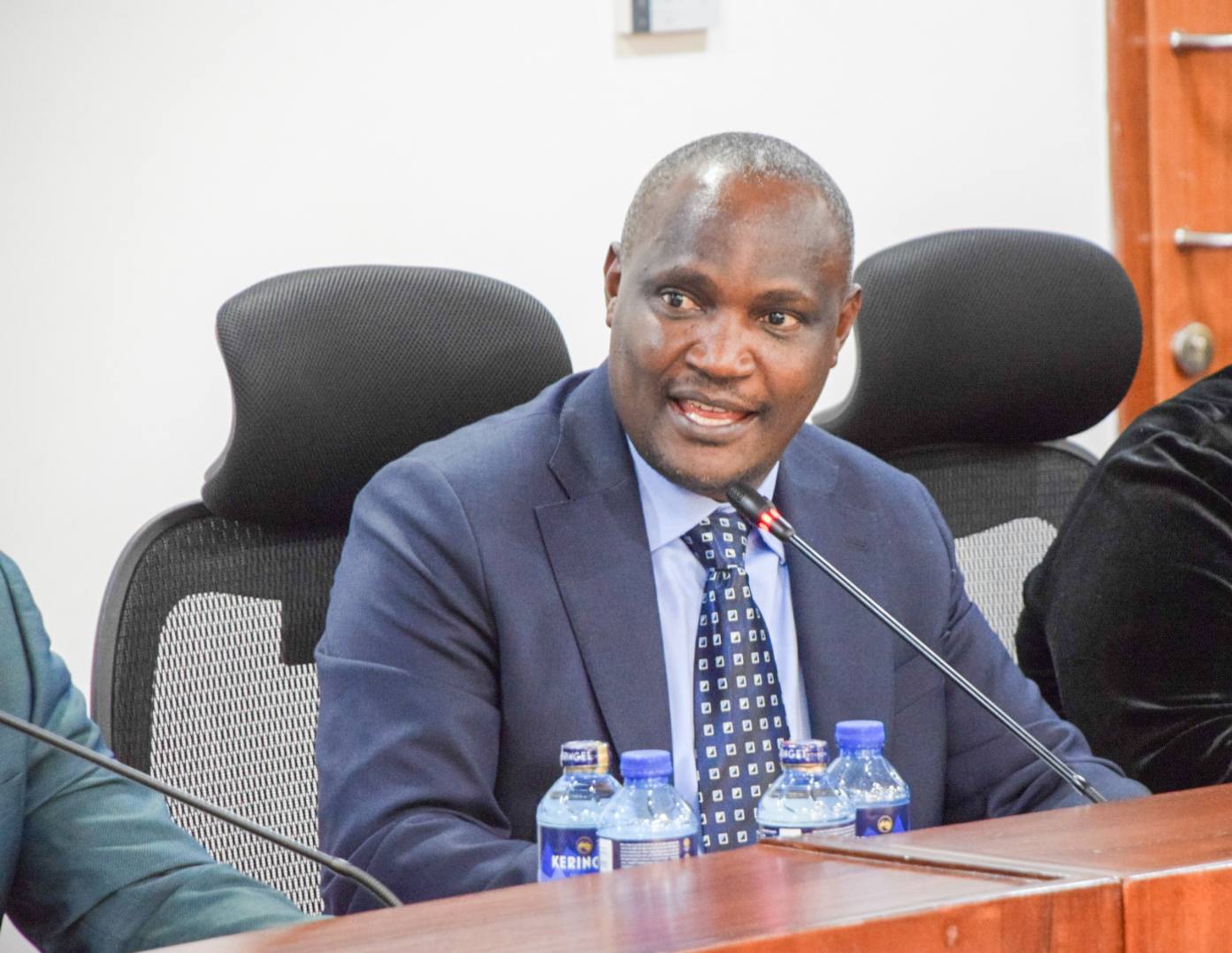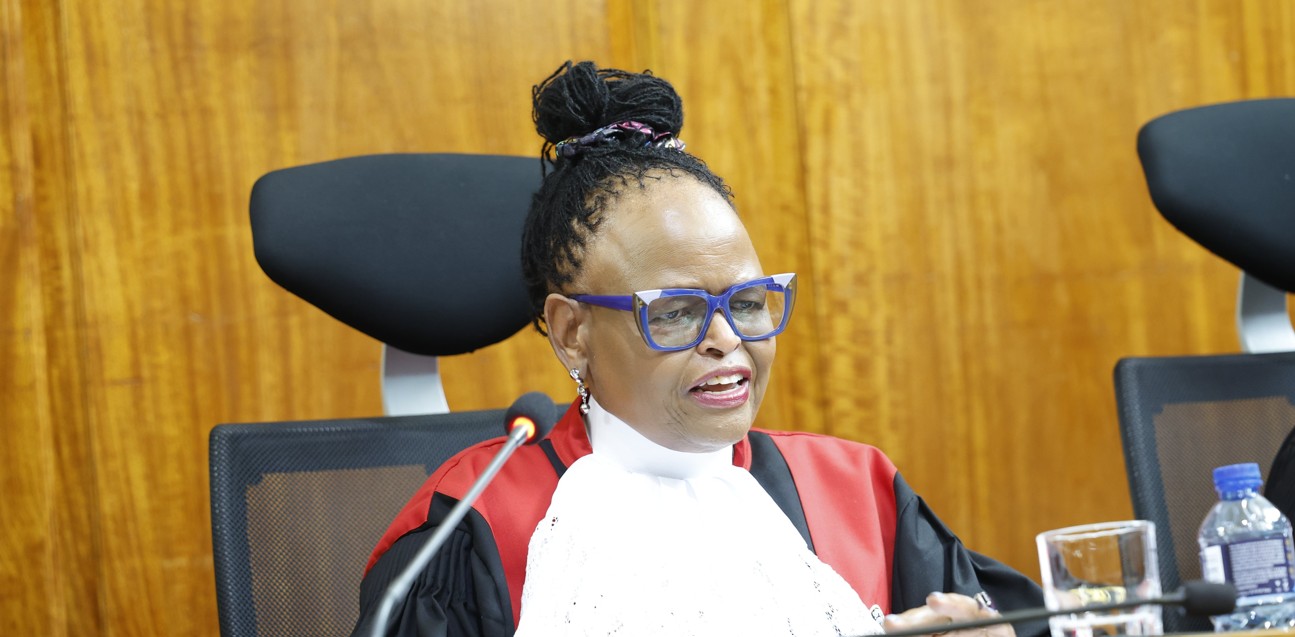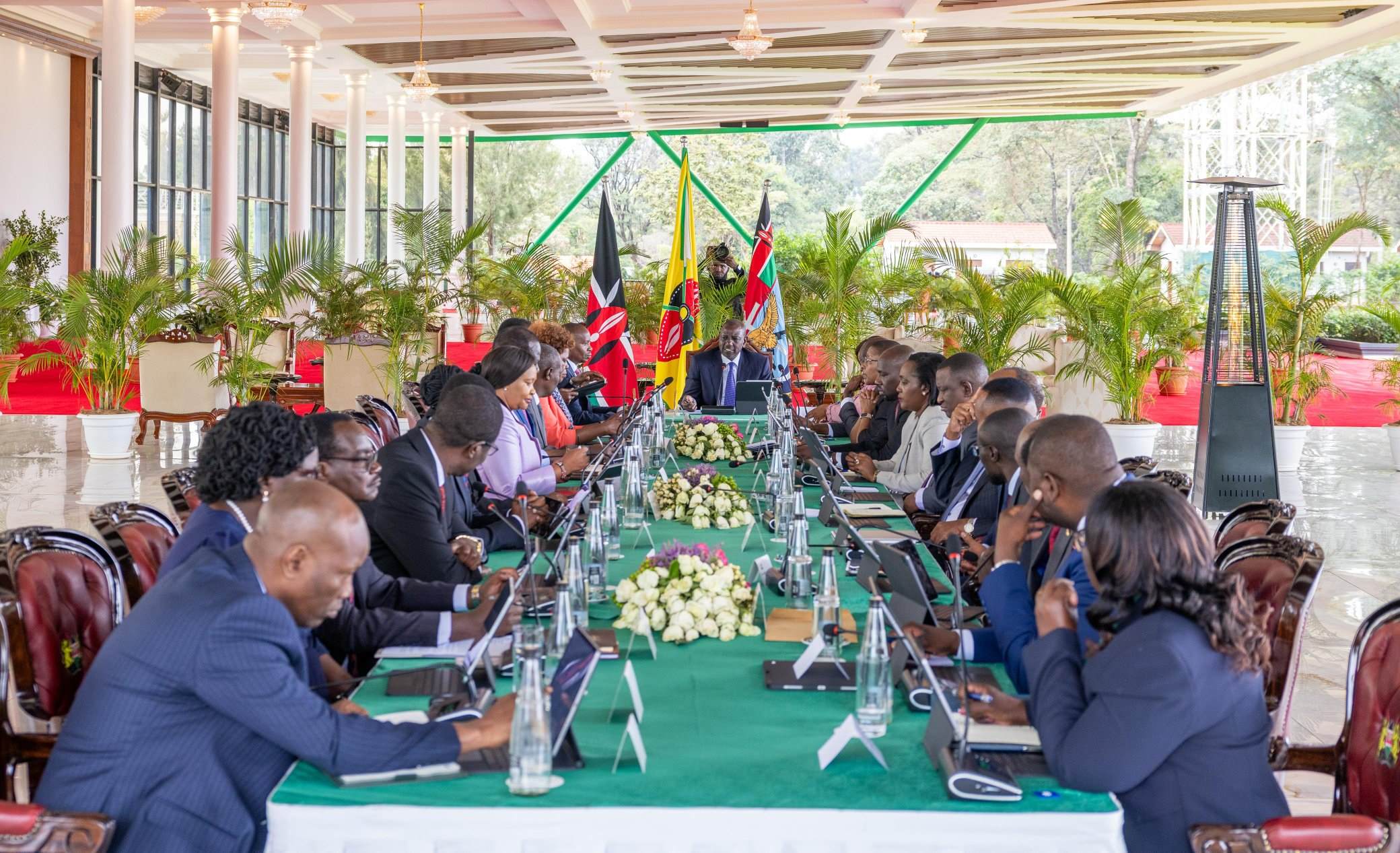Life in Nairobi to remain expensive as Sakaja retains levies imposed last year
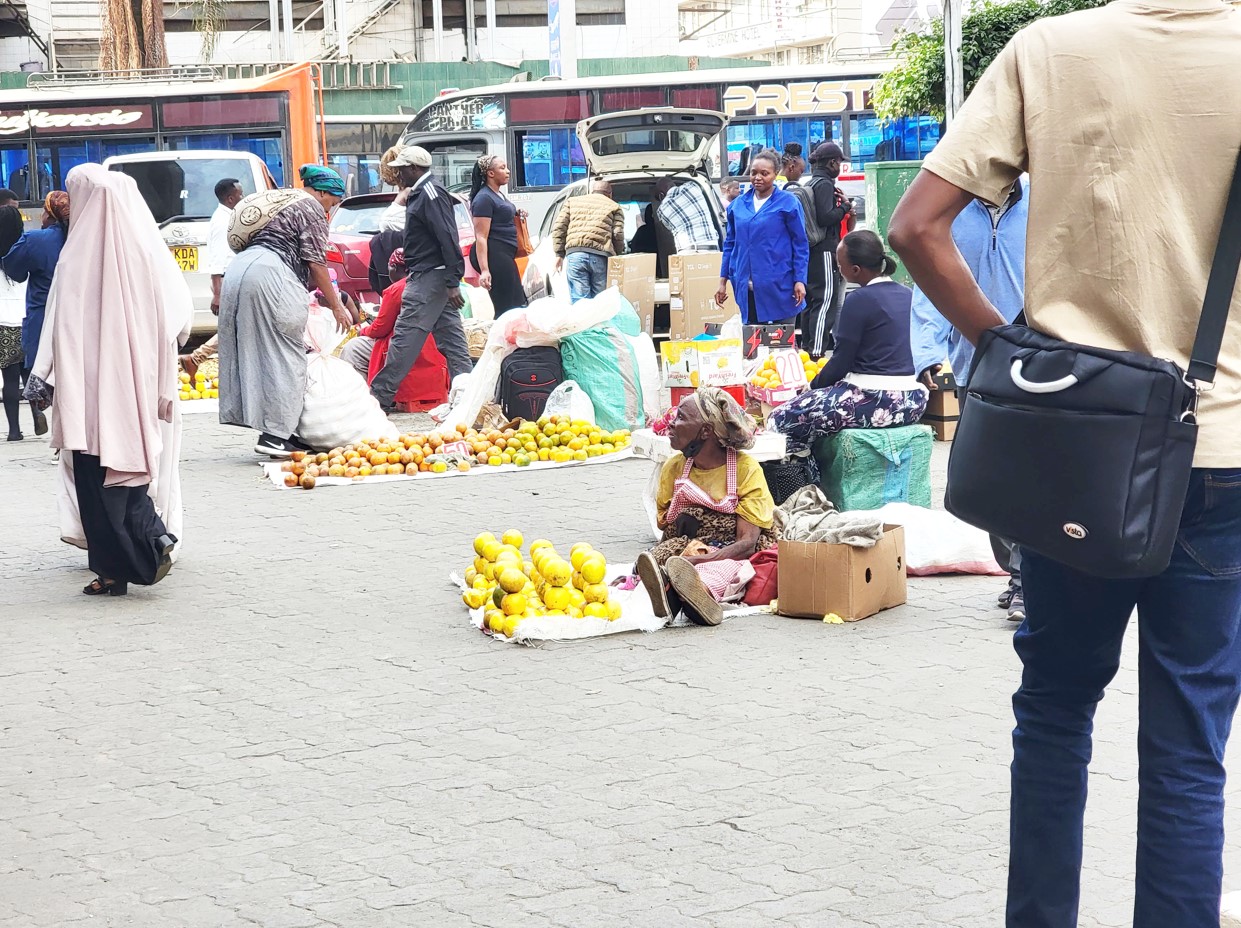
Motorists, boda boda riders and club owners are among those who will continue paying high levies
The cost of living in Nairobi will remain high despite Governor Johnson Sakaja shelving the Finance Bill, 2024, instead saying the city county would continue relying on the Finance Act, 2023, which increased the cost of living by introducing several new levies last year.
City motorists, boda boda riders and club owners are among those who will continue to pay high levies. In the Finance Act 2023, for areas around mosques in both Zone I and Zone II, motorists will continue to enjoy free parking for two hours (12:30 pm to 2:30 pm) on Fridays only.
More To Read
- ODM at 20: Babu Owino warns of mass action over cost of living, questions new appointments
- 2.1 million face hunger in Kenya’s ASALs as climate pressures mount
- Food inflation remains high despite overall stability - KNBS
- Cheaper manufacturing signals hope for lower retail prices
- From detention to global recognition: Rose Njeri named in 2025 Time100 Next list
- Direction the country is headed and the reasons behind its right and wrong paths
Motorists in Zone I and II areas will pay Sh100 for the first hour of parking, while those who intend to stay longer will pay Sh50 for the subsequent hours they park in Zone I and Sh100 for Zone II.
Zone I areas include Kijabe Street, Westlands, Upper Hill, Community, Ngara, Highridge, Industrial Area, Gigiri, Kilimani, Yaya Centre, Milimani, Hurligham, Lavington, Karen, Eastleigh, Gikomba and Muthaiga.
Areas considered to be part of Zone II are on-street parking at commercial centres and county market parking that is not automated (not included in Zone 1).
Saloon cars will continue paying Sh300 daily for on-street parking in non-automated areas in Zone I parking.
Vans and pick-ups are charged Sh500, lorry (up to 5 tonnes) and minibuses will pay Sh1,000 while a lorry carrying weight above 5 tonnes will pay Sh3,000 for parking. Non-PSV buses will pay Sh1,000 for on-street parking in non-automated areas in zone I.
For Zone II, saloon car drivers will enjoy low parking fees of Sh100 while vans and pickups will pay Sh300. Lorries carrying a weight up to 5 tonnes will pay Sh500 while those carrying above 5 tonnes will pay Sh2,000 for parking.
The Finance Act of 2023 introduced new charges for the registration of boda bodas and taxis.
Taxi drivers will continue to pay Sh1,500 as an annual registration fee while boda boda operators will pay Sh1,000.
Advertisers will continue to pay more as the Act has increased application fees for outdoor advertisement and signage. The levies vary in terms of the location of the advert, the period it runs, and the size.
Although an initial proposal sought a 25 per cent rent increase, it was subsequently reduced to 10 per cent following consultations with stakeholders.
Cemetery charges
Nairobi residents seeking to cremate their loved ones at Lang’ata cemetery will continue to pay a Sh20,000 cremation fee for adults, up from the previous Sh16,800. Cremation for children will cost Sh16,000 and Sh14,000 for infants.
For a permanent grave at the cemetery, charges are Sh30,500 for adult Kenyans, Sh15,500 for infants, and Sh22,500 for children aged between one and 15 years.
For non-citizens seeking permanent graves at Lang'ata cemetery, families will be required to pay Sh50,000 for adults, Sh35,000 for children, and Sh27,500 for infants. Temporary graves will cost Sh7,000 for adults, Sh4,000 for children, and Sh2,000 for infants.
Leisure park activities
Those seeking to use Uhuru Park for a flagging-off ceremony will pay Sh10,000 every two hours while charitable organisations will pay Sh20,000 to use lawns within the park for events.
Vendors intending to sell items within Uhuru Park will be charged Sh4,000 annually for a clearance certificate and Sh10,000 for a trading licence for the same period.
For those who are interested in leasing the restaurants within Uhuru Park for three years, City Hall will charge Sh10,000 for the containers, Sh30,000 for the station aeroplane, Sh10,000 for the bus, and Sh5,000 for the combis (a machine with more than two functions). The charges will be paid monthly.
The entertainment industry has also been targeted and artists will have to dig deeper into their pockets to use the parks.
Music concerts with live performances will be charged Sh100,000 per day to use Uhuru Park. Initially, City Hall used to charge Sh5,000. Concerts without live performances will be charged Sh50,000 daily while live performances for international acts will be charged Sh150,000 per day.
Group events within Uhuru Park will be charged according to the number of seats, with a zero-49 seater event being charged Sh5,000 per day while one with 50-100 seats will be charged Sh10,000.
Music concerts without live performances will be charged Sh50,000 daily while live performances for international acts will cost Sh150,000 daily.
Sakaja is banking on the Finance Act of 2023 to collect revenue and deliver services to more than 4.3 million Nairobi residents.
This year's budget of Sh43.46 billion is the highest ever for Nairobi, comprising Sh29.3 billion for recurrent expenditure and Sh14.2 billion for development.
Nairobi aims to collect Sh21.06 billion own source revenue in the Financial Year 2024-25.
Top Stories Today
